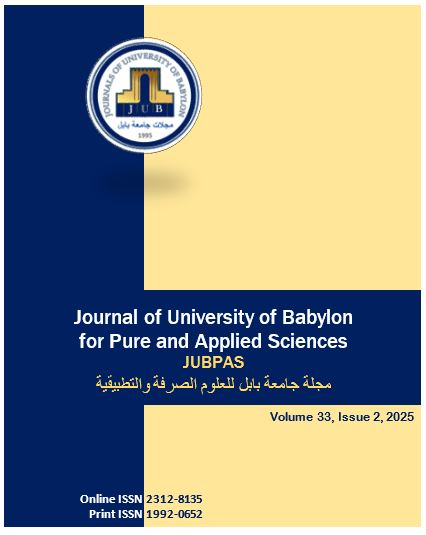Study of Some Bacterial and Immunological Factors in Individuals with Recurrent Tonsillitis
Main Article Content
Abstract
Both adults and children can have tonsillitis, a common respiratory illness. Allergies, respiratory issues, and bacterial and viral infections account for the majority of tonsillitis instances. Inflammatory factors like bacteria and the tonsils' lymphoid tissue interact in tonsillitis. Fever, enlarged tonsils, congestion, and diminished function are some of the symptoms brought on by this interaction. As two lymphoid organs, the palatine tonsils, are in charge of immunological defense against eaten and breathed microorganisms and are situated at the start of the upper gastrointestinal tract. Mediating host defensive mechanisms against a range of infections, particularly those of bacterial origin, Th17 cells and their effector cytokines also It has a role pathophysiology of several autoimmune illnesses. Streptococcus pyogenes is the main cause of tonsillitis, caused by bacteria that play a significant role in tonsil infection. Streptococcus pyogenes is resistant to many drugs, including cefepime and clindamycin. The ASOT index measures the severity of the infection, while IL-10 is a sensitive indicator of infection.
Article Details
Section

This work is licensed under a Creative Commons Attribution 4.0 International License.
